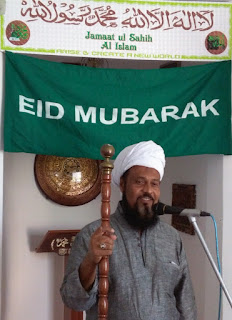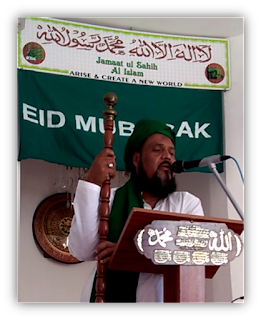Marriage and Family: A Divine Favour
Several verses of the Qur’an allude to the many phenomenon of nature and the creation of the human beings in a variety of settings: races, languages, religions, cultures and nations. Indeed the Qur’an cites the creation of the humans, from the humble ‘dust’ and the modest ‘clay’, as a fascinating sign of the complete Power and Lordship of Allah (swt) over all things in all the worlds. The plurality of the humans is described as a Divine Sign: 'One of His signs is that He created you from dust and- lo and behold! -you became human and scattered far and wide'. (30: 22).
Across cultures and peoples, the institution of family is a foundational element of the social order. The relations of family and affinity between men and women through marriage and children are a blessing of this world. The Qur’an says: “And it is Allah who has given you spouses from amongst yourselves, and through them He has given you children and grandchildren and provided you with good things”. (16:73)



